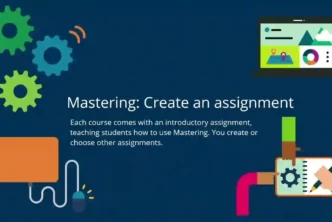Thinking of changing career? Here are some good tips to do so.
- Leverage Your Network
Finding out as much as possible about the careers that you are interested in is one of the best places to start. Reach out to contacts in your network to talk about topics such as the job market, the soft and hard skills that are important in their career, as well as their responsibilities.
In case you don’t have anybody in your network that you can ask for advice when changing careers, consider establishing a more extensive network via activities like volunteering with community organizations where you can meet many different people.
- Job Shadowing
It might be difficult to break into some industries, but one excellent way to get some experience and name recognition is through volunteering or job shadowing. It can help you familiarize yourself with the roles and responsibilities and make contacts that may potentially serve as references or inform you about open positions. It can be a great way to gain relevant experience while building your network for a career in everything from journalism to the life sciences.
- List Your Passions
You can only be successful in your career search by seeking jobs that you are truly passionate about. Think about your talents and skills as well as the things you value. There could be a way to incorporate some of your passions in your new career. Review your list and think of the potential positions or industries that would allow you to work in areas that you are passionate about.
- Find a Mentor
Finding a good mentor is one of the most important things when seeking a new career. It is something that you can find from somebody that you already know or when job shadowing. A mentor will provide important advice about your job search as well as what you should know about getting started in your new career.
- Sign Up for the Second Career Program
The Second Career Program is a government initiative offering both financial support and skills training for eligible laid-off workers, helping them secure employment in high-demand occupations. If you have been laid-off, you could qualify for up to $28,000 for costs including living expenses, books, tuition, travel, child care, disability support, transportation, child care, and basic living allowance (during skill training).
- Develop Your Pitch
You have probably ever come across the term “elevator pitch.” While you will probably rarely ever have the opportunity to give these in an actual elevator, it can be a great tool for networking to help you introduce yourself to someone new in a short amount of time.
You will want to be able to highlight who you are, your skills, as well as why you are the best individual for the new career. To increase your confidence, you should consider practicing this in front of a mirror. Brevity is important, because a good elevator pitch needs to last about 30 seconds.
- Highlight Transferable Skills
When marketing yourself for a new field, you may find that you lack many experiences that relate directly to your ideal new role. Still, a key aspect of your job search is your ability to illustrate transferable skills.
The vast majority of jobs focus on skills such as leadership, problem-solving, communication, project management, along with other important skills that are applicable in a wide variety of industries. So, think about the jobs that you have done in the past along with how the skills you displayed are likely to benefit your new career.





